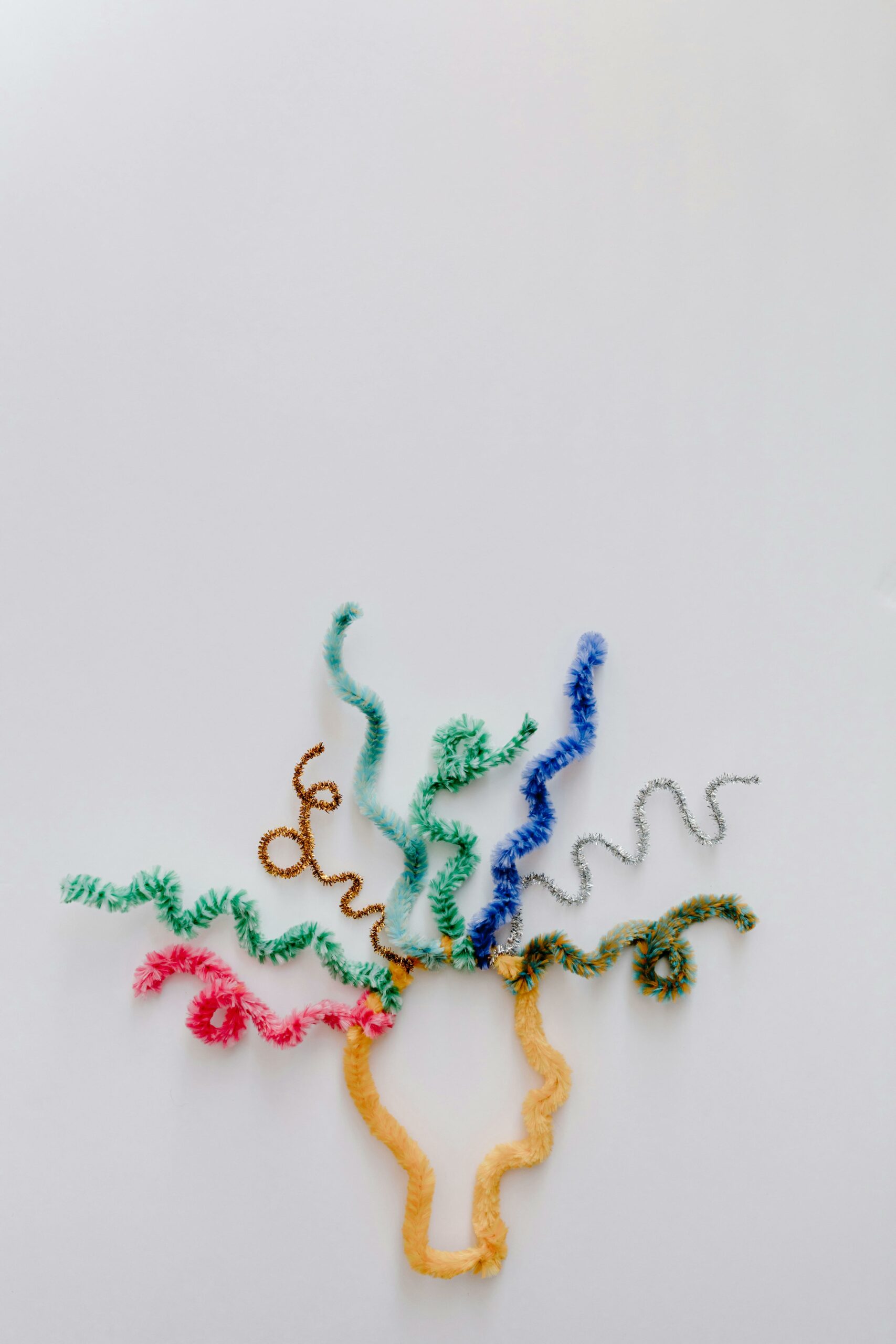The Sugar Blues
Category: Healthy Nutrition

With school now back in full swing, your child will again be exposed to all of those germs in a crowded classroom. Why is it that some children seem to catch them all, while others hardly ever get a sniffle? Perhaps it has to do with the strength of the child’s immune system and the speed with which it can make antibodies and kill germs.
Sugar is especially destructive to children who come into contact with many more germs than adults, and whose little bodies are constantly needing whole nutrients in large amounts to feed their growing bodies. Unfortunately, sugar does not provide any nutrients but places a tremendous nutritional burden on the body and at the same time, it disables certain parts of the immune system.
Studies have revealed that if you drink a coke or eat ice cream (either one contains 6 teaspoons or more of sugar depending on serving) 45 minutes later your white cells will only pick up and eliminate an average of 10 germs…a loss of 25 to 30% of your first line immune system defense. If your child eats sugar cereal for breakfast, his/her white cells are virtually paralyzed by 9 a.m. and will not recover until 1 p.m….unless he/she eats more sugar at mid-morning break or lunch. If he/she drinks a sugar-sweetened drink after school, then he/she might walk around all day long virtually unprotected by an immune system.
his/her white cells are virtually paralyzed by 9 a.m. and will not recover until 1 p.m….unless he/she eats more sugar at mid-morning break or lunch. If he/she drinks a sugar-sweetened drink after school, then he/she might walk around all day long virtually unprotected by an immune system.
But that’s not all. Sugar destroys cells. and it destroys first those most sensitive to blood sugar fluctuations. William Dufty, in his book Sugar Blues, states, “Since the cells of the brain are those that depend wholly upon the moment-to-moment blood sugar level for nourishment, they are perhaps the most susceptible to damage.”



Facebook Comments